Vaccinations Every Cat Needs .Keeping your cat healthy means more than just feeding them well—it also requires regular vaccinations. Whether you visit a local veterinary clinic near me, an animal hospital, or use online vet services, staying on top of your cat’s vaccine schedule is essential. In this article, we’ll cover why cat vaccinations are important, the core vaccines every cat needs, vaccination schedules for kittens and adults, and whether vaccines are safe for cats.
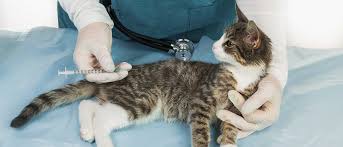
Why Are Cat Vaccinations Important?
Vaccinations prepare your cat’s immune system to fight off dangerous diseases. Without them, your cat risks severe illness or even death from preventable infections. Vaccines also help reduce the spread of contagious diseases to other pets and even humans.
Reasons vaccinations matter:
Protection from life-threatening diseases.
Compliance with travel and legal requirements (such as rabies).
Peace of mind when boarding your cat, visiting veterinary clinics, or seeking emergency vet care.
If you’re unsure about your cat’s needs, a vet check-up at a trusted pet vet or mobile pet vet service is the best place to start.
Core Vaccinations Every Cat Needs
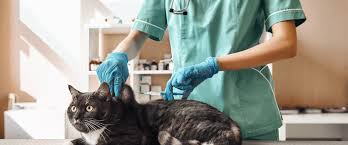
Veterinarians divide vaccines into two categories: core (essential for all cats) and non-core (recommended based on lifestyle).
Rabies Vaccine
Protects against rabies, a fatal disease that can spread to humans.
Legally required in most areas.
Given at 12–16 weeks of age, then boosted yearly or every 3 years depending on local laws.
FVRCP Vaccine
Known as the “distemper shot,” this combo vaccine protects against:
Feline Viral Rhinotracheitis (causes severe respiratory illness).
Calicivirus (respiratory disease, oral ulcers, joint pain).
Panleukopenia (feline distemper, highly fatal).
Vaccination starts in kittens at 6 weeks, with boosters every 3–4 weeks until 16 weeks, then repeated yearly or every 3 years.
Kitten vs. Adult Cat Vaccination Schedule
Kittens
First vaccines: Start at 6–8 weeks of age.
Boosters: Every 3–4 weeks until 16 weeks.
Rabies vaccine: At 12–16 weeks.
Adult Cats
Cats with no prior vaccination history need an initial series plus a booster after one year.
Afterward, most cats require yearly vaccines or boosters every 3 years depending on the type.
Common Question: How Many Vaccines Does a Cat Need?
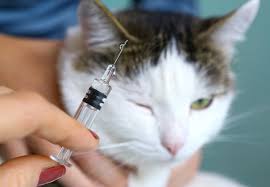
Typically, cats need at least two core vaccines (Rabies + FVRCP). Depending on risk factors, non-core vaccines like FeLV (Feline Leukemia) may also be recommended.
Are Vaccinations Safe for Cats?
Yes, vaccines are generally safe. Mild side effects such as temporary soreness, fatigue, or a low-grade fever may occur but usually resolve within 24–48 hours. Severe reactions are extremely rare.
If your cat shows unusual symptoms after vaccination, contact your vet for cats or use vet help through online vet services immediately. In urgent cases, seek emergency vet care at an animal hospital.
Veterinary Support for Cat Vaccinations
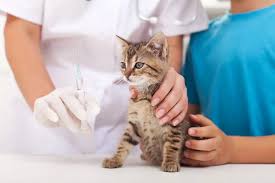






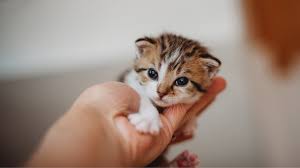


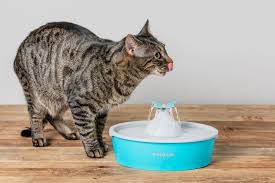

Leave a Reply